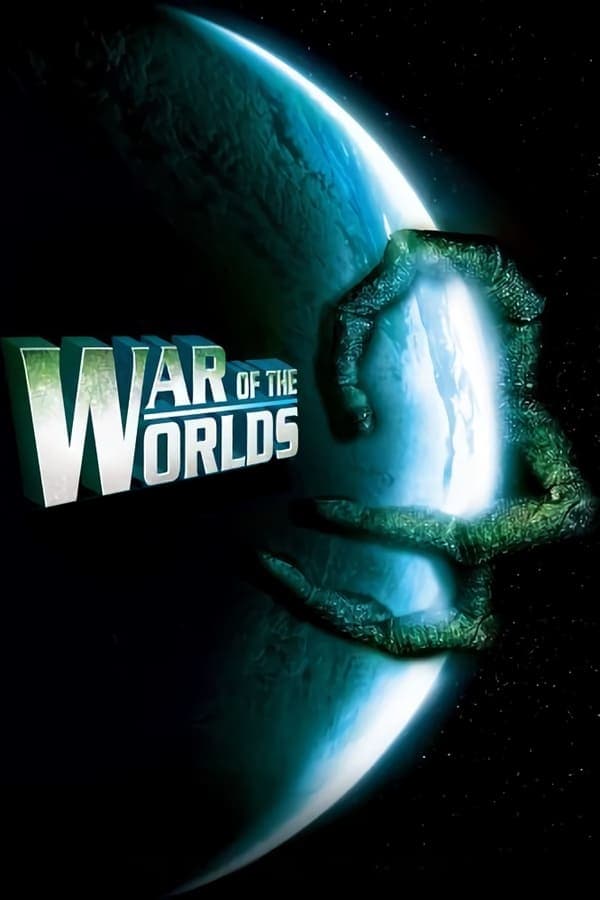
War of the Worlds
1988 • Action & Adventure, Drama • TV-PG
Humanity must resume its war against the Martians when they revive after decades of hibernation following their defeat in the 1950s. The fate of Earth may very well rest in the hands of a small yet courageous band: astrophysicist Harrison Blackwood, paraplegic computer wizard Norton Drake, microbiologist Suzanne McCullough and military man Paul Ironhorse.
Why you should read the novel
Instead of immersing yourself in the action-heavy and sometimes campy 1988 television adaptation, delve into H. G. Wells' original novel, The War of the Worlds, to experience the masterful tension and atmosphere that defined early science fiction. Wells crafts a suspenseful narrative filled with social commentary, lush description, and a haunting sense of realism unmatched by later adaptations. The book's timeless meditations on human nature, power, and panic amid societal collapse present a depth of thought and emotional resonance not replicated by the television series.
Reading Wells' novel transports you to Victorian England—a setting wonderfully evoked in intricate detail—which heightens the shock and terror as civilization grapples with an unthinkable alien threat. The rich, introspective narration allows for a deeper psychological engagement with the existential dread faced by ordinary people, which the series, focused more on action and government response, can't capture as intimately.
Finally, the source material provides broader philosophical insight—the existential questions, critique of imperialism, and warning against human hubris that Wells weaves subtly into the tale are powerful incentives to read the book. The War of the Worlds isn't just a sci-fi adventure, but a work of literature that continues to inspire thought and discussion over a century after its publication.
Adaptation differences
The 1988 TV series dramatically reimagines the events and setting of The War of the Worlds novel. While Wells situates the Martian invasion in Victorian England, focusing on an unnamed narrator and the immediate aftermath of an alien attack, the TV show occurs in the late 1980s and assumes the events of the novel happened decades earlier, with the world subsequently forgetting or denying the invasion. This new setting reflects contemporary (1980s) anxieties, including Cold War fears and environmental threats, and trades the novel’s deeply personal perspective for a broader team-based cast.
Another significant departure lies in the aliens themselves. In the novel, the Martians are ultimately defeated by Earth's bacteria—an iconic, revolutionary twist for its time. The series instead resurrects the aliens by having their essence preserved within human bodies, sidestepping the notion of their fatal vulnerability to Earth's microorganisms. This change removes the book's theme of nature’s unpredictability and the limits of technological dominance, focusing instead on the threat's persistence and adaptability.
Character focus is also starkly different. Wells' narrative is anchored by a single protagonist—a reflective, everyman observer—whereas the series follows a group of scientists, soldiers, and government figures as they uncover and counter the renewed invasion. The TV adaptation thus prioritizes action, conspiracy theories, and militaristic responses in place of personal survival and philosophical rumination.
Finally, the novel is rich in social commentary, using the alien invasion as a metaphor for British imperialism, societal fragility, and the arrogance of modern man. The television series largely abandons this subtext, opting for a contemporary action-mystery format with horror elements. As such, the adaptation becomes a very different creature, focused more on suspenseful television drama than on the subtle critiques and intellectual depth of Wells’ original masterpiece.
War of the Worlds inspired from
The War of the Worlds
by H. G. Wells













